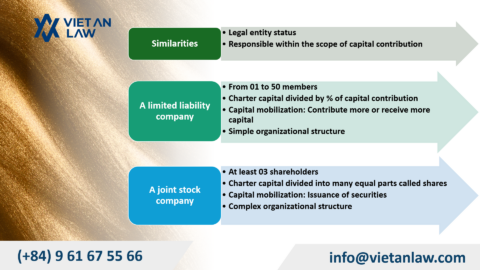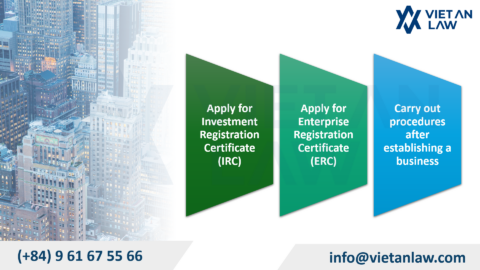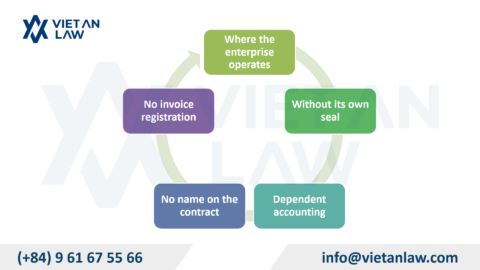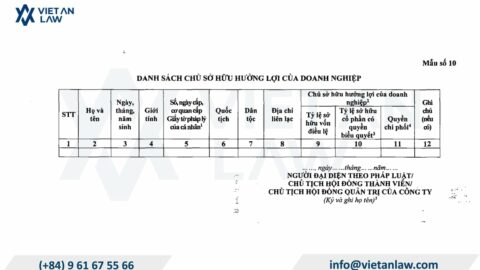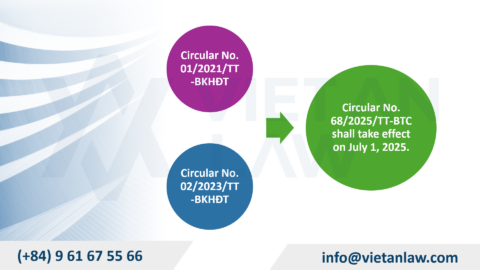In the context of the constantly fluctuating global economy, South Africa is now emerging as a promising destination for company formation and international business expansion. With its strategic location as a gateway to the vast African market, along with the continent’s leading developed infrastructure, South Africa is currently known as a relatively stable business environment with a lot of growth potential. In particular, the resurgence of business confidence and opportunities in emerging sectors such as renewable energy and financial technology further strengthens the reason to choose South Africa as the location for your business’s next move. Regarding types of companies can investors establish in South Africa, Viet An Law would like to provide some information through the article below.
Table of contents
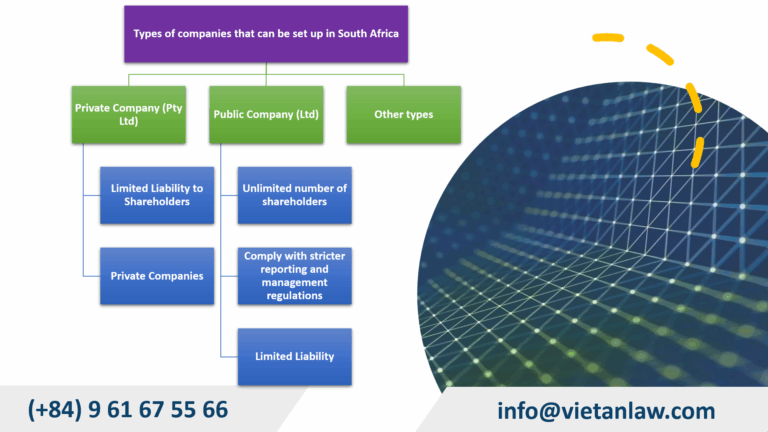
In South Africa, Private Companies, abbreviated as Pty Ltd (Proprietary Limited), are the most popular type of established business, especially favored by domestic and international investors. This type has the following main characteristics:
A Public Company is an ideal type of company for businesses that plan to expand their scale and raise a significant amount of capital from the public. The main purpose of this type is to allow the company to sell shares to the public, which usually comes with listing on a stock exchange. This type has the following main characteristics:
| Company Type | Main features | Responsibility | Purpose/Conformity |
| Personal Liability Company (Inc.) | Often used for professional professions. | Directors (current and former) are jointly and severally liable together with the company for debts/obligations. | Professional associations (lawyers, engineers, accountants, etc.). |
| Non-Profit Company (NPC) | Established for public interest or charitable purposes. Do not share profits with members. | Usually limited liability (of executives/managers). | Charity, non-governmental, community, cultural and social organizations. |
| Sole Proprietorship | Owned and operated by a single individual. There is no legal separation. | Unlimited Liability: The owner is liable with the entire personal property. | Individual business is small, operates independently, and has little risk. |
| Partnership | Established by two or more individuals/legal entities doing business together under an agreement. | Unlimited liability: Partners are often jointly and severally liable for debts. | Two or more people want to do business together, share profits and risks. |
| External Company / Branch | As a branch of the company established outside of South Africa, it operates in South Africa. | The overseas parent company has unlimited liability for the obligations of the South African branch. | The foreign company wants to expand its operations or establish a presence in South Africa as a branch. |
